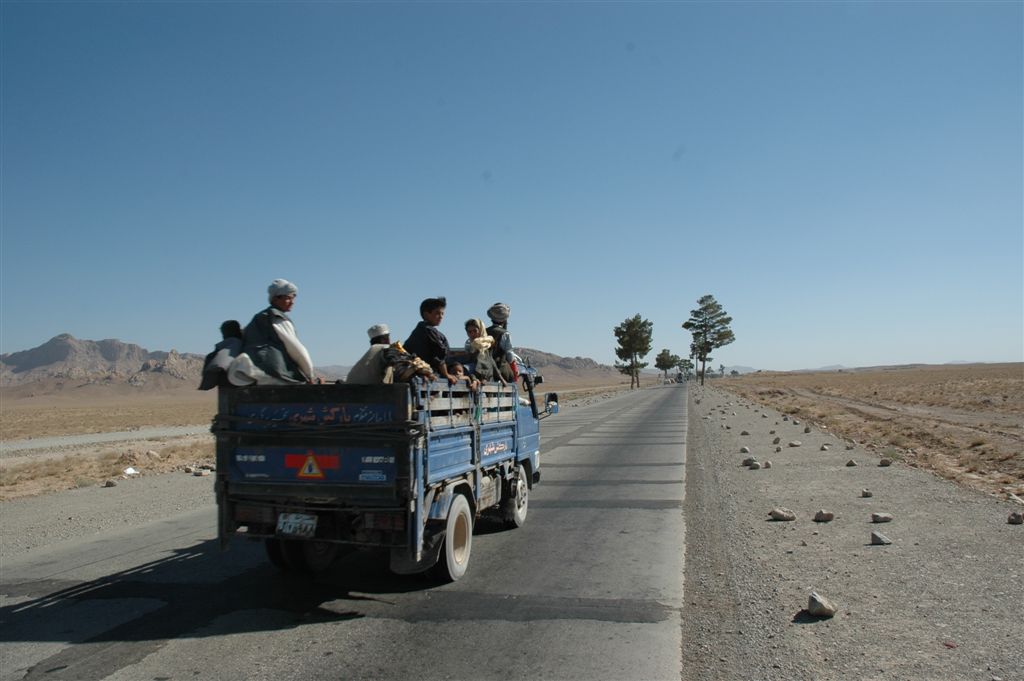China is planning an increased economic role in Afghanistan through its Silk Road initiative and through the Shanghai Cooperation Organization (SCO), analysts from the Chinese establishment and independent experts have said.
China’s Silk Road economic schemes also target Afghanistan, commented Andrew Small, a transatlantic fellow with the German Marshall Fund’s Asia program, in a note published Sept. 1.
“Despite speculation that these might be imperiled by China’s current economic frailty, this multi-trillion-dollar bonanza for Chinese industry is, if anything, only rendered more important.”
The Silk Road, the Silk Belt, and the Maritime Silk Road initiatives are an attempt by China to restart the ancient trade route that stretched from Hungary to Indonesia.
According to auditor PricewaterhouseCooper’s, more than $250 billion worth of projects – from railways to power plants – have been contracted since the “One Belt, One Road” initiative was announced in 2013.
China’s Foreign Ministry Spokesperson Hua Chunying said in an Aug. 14 statement that China was “ready to cooperate with all parties and play an extensive and constructive role in the peace and reconciliation process in Afghanistan.”
It is critical for China to get involved in Afghanistan, Russian political analyst Alexander Knyazev has also said in a note published Aug. 15.
He added that he considered it “unavoidable” for China to get engaged and take measures to help stabilize and secure the situation in and around Afghanistan.
“Afghanistan’s possible descent into chaos will have repercussions for China’s border provinces and may adversely affect Beijing’s major initiative to establish and expand trans-regional communications for increased trade, commerce, energy transportation in the Silk Road initiatives,” he added.
“As a result, China is poised to further deepen its involvement which in turn will contribute to its increased influence in the region.”
China’s plans for Afghanistan have been long in the making.
Zhang Xin, a research fellow at the School of Advanced International and Area Studies at East China Normal University told China Central Television Sept. 14 that post-2014 Afghanistan actually provides a very good platform for China’s so-called creative intervention diplomacy.
“Afghanistan itself is highly interested in further integration with the economies and polities of Central Asia and South Asia,” he said underlining that current members of the SCO – including Russia and China – are also highly interested in a prosperous and stable Afghanistan.
“So, in the near future, the SCO can potentially play a crucial role in helping Afghanistan in its post-crisis reconstruction, and in the long run, by bringing a more prosperous and stable Afghanistan into the broadly defined large heartland of Eurasia.”
He added that in future we might see a very different geo-political landscape heartland of Eurasia.
“In this regard both China and SCO can play a very positive, constructive role.”
At the SCO summit last September, China’s President Xi Jingping declared that the SCO needs to extend support to the national reconciliation process in Afghanistan for speedy restoration of peace and stability in that country for the sake of securing stabilization in the region.
In a Sept. 9 2014 interview with Russian daily Nezavisimaya Gazeta, Li Hui, China’s envoy to the Russian Federation, underlined that the idea of the Silk Road Economic Belt had been welcomed by the Central Asian states, Russia, Afghanistan and by many others “since it is an initiative promising openness and tolerance, rather than a mechanism for integration or economic organization.”
“These mechanisms and regional cooperation platforms have been created with the participation of China and other countries among the neighboring states. The goal now is to take practical cooperation to a new level.”
Transatlantic fellow Small, however, warned that the degradation of the security context in Afghanistan could put the brakes on China’s plans.
“The events following Mullah Omar’s death represent a setback for Chinese policy in Afghanistan. The indefinite postponement of reconciliation talks between the Afghan government and the Taliban, the bloody series of attacks mounted in Kabul by the Taliban’s new leadership, and the subsequent breakdown of President Ashraf Ghani’s outreach to Pakistan are blows to a peace process that Beijing had worked hard to shepherd along,” he said.
According to independent Russia analyst Raushan Temuriyan, China has pursued its policy with both caution and flexibility, adapting quite reasonably to the unfolding regional and global situation.
“Rather than opting for any force-driven solution, Beijing is pursuing a policy of intensified investment which very much compensates for Russia’s inefficient and inadequate policies in Central Asia,” he wrote in a note published Aug. 30.
“China’s approach, on the other hand, is to identify, acquire and secure crucial stakes in Afghanistan’s strategic mineral and energy reserves.”—(Anadolu Agency)
 Afghanistan Times
Afghanistan Times




